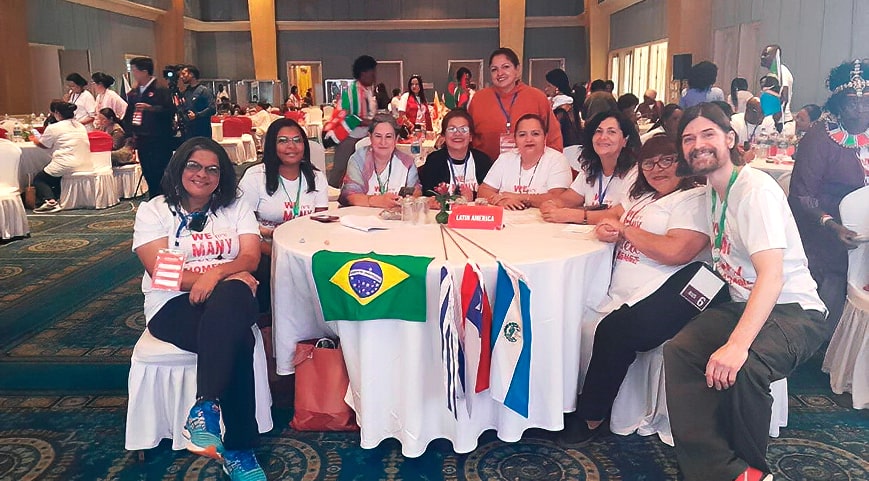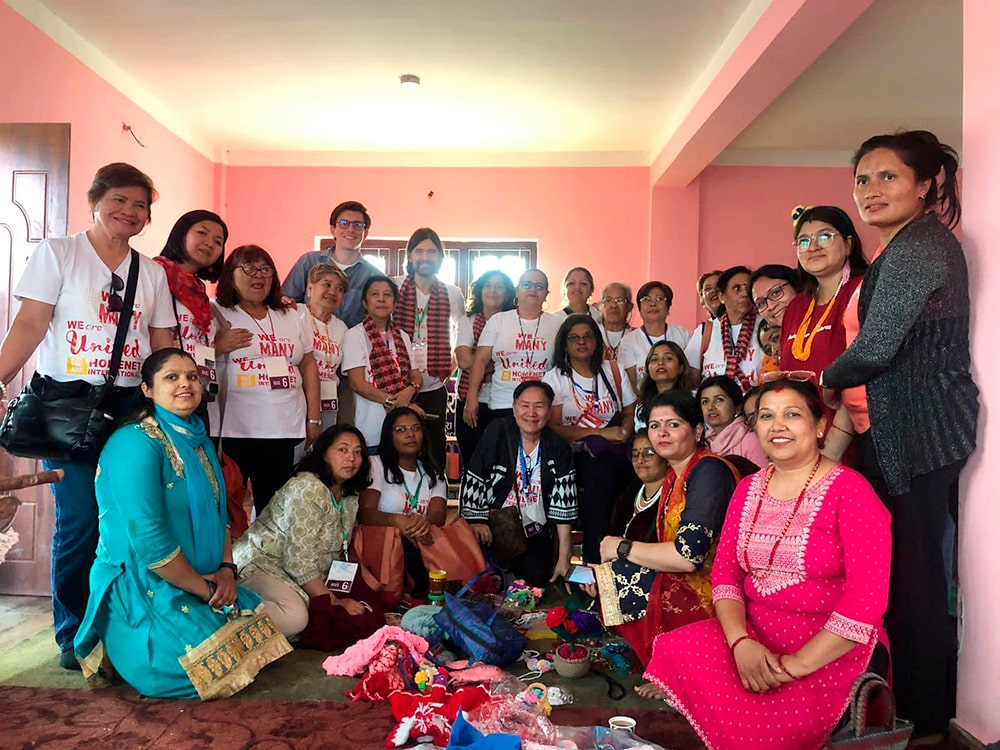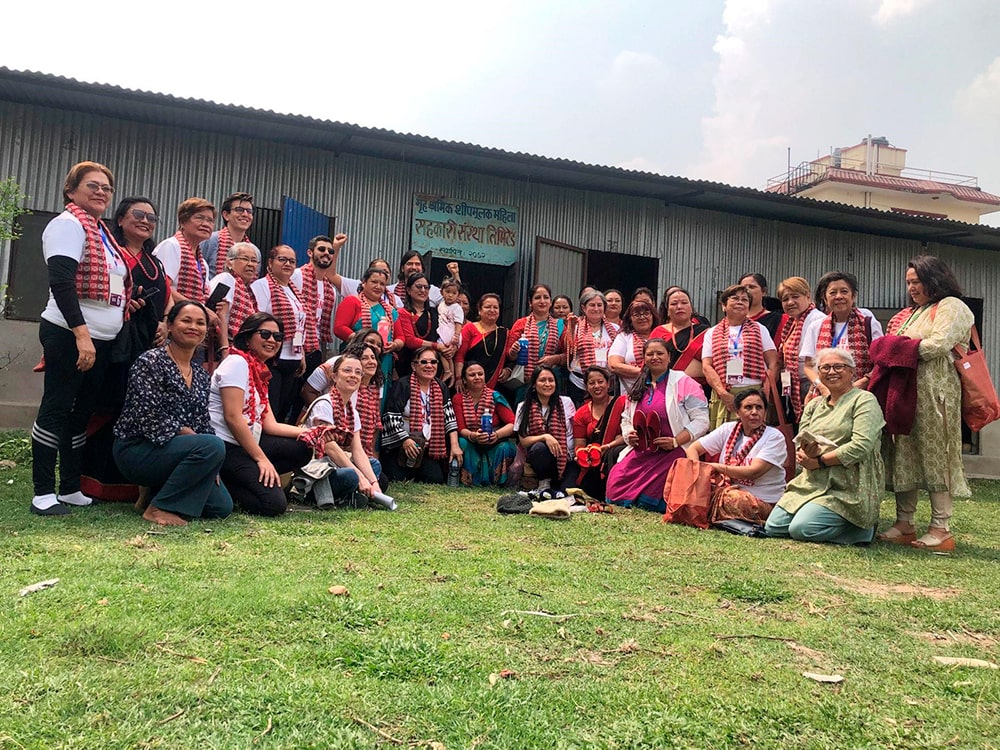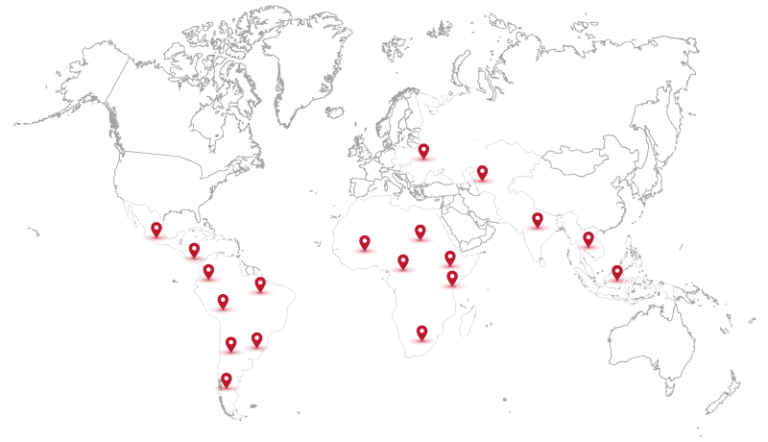Learning from other home-based workers’ organisations and building member-based organisations have been essential in the creation of Home Net International.
In this strategic line, institutional work is of the utmost importance, helping us to gain visibility inside and outside the continent, which is why we want to first highlight our participation in the first HNI Congress held virtually in the midst of the COVID-19 pandemic, held on the 23rd and 24th of February 2021.
The virtual nature of this Congress had an impact on the adoption of the Constitution. Instead of debating their differences in Congress, the regions met virtually beforehand, discussed their differences, and drafted a constitution to be presented to those in attendance.
The elections also came as a shock, as they could not be held virtually either. “We’ve tried to figure out a way to hold the election, but it’s not possible to do it properly.” Instead, “we appoint transitional leaders until we can organise a face-to-face Congress and hold proper elections,” Chris Bonner, former ORP director of WIEGO and HNI Working Committee member told delegates.
This paved the way for us to personally attend our second Home Net International Congress as a top priority. From April 25 to 28, 2023, the COTRADO ALAC Interim Committee composed of representatives from member countries Argentina, Brazil, Chile, El Salvador and Uruguay participated in the Homenet International congress in Nepal.
The Congress gathered workers from all over the world in this great event, and 29 countries and 71 affiliates were represented. At this meeting, we elected a President, Vice President and a Treasurer who come from different continents, and Edileuza Guimarães from Brazil and Tatiana Rojas from Chile were appointed to represent the Executive Committee for Latin America and the Caribbean.
The Congress represented a historic milestone for homeworkers around the world, as it represents a strategy to strengthen and organise them under a structure created especially for this purpose and by the will of the workers. With regard to Latin America, we were able to verify the experiences from all over the world, especially those from Asia and Southeast Asia, in addition to being able to experience the specific problems of workers in Nepal, with field visits, being able to verify that work at home is carried out precariously and occupying our homes.







